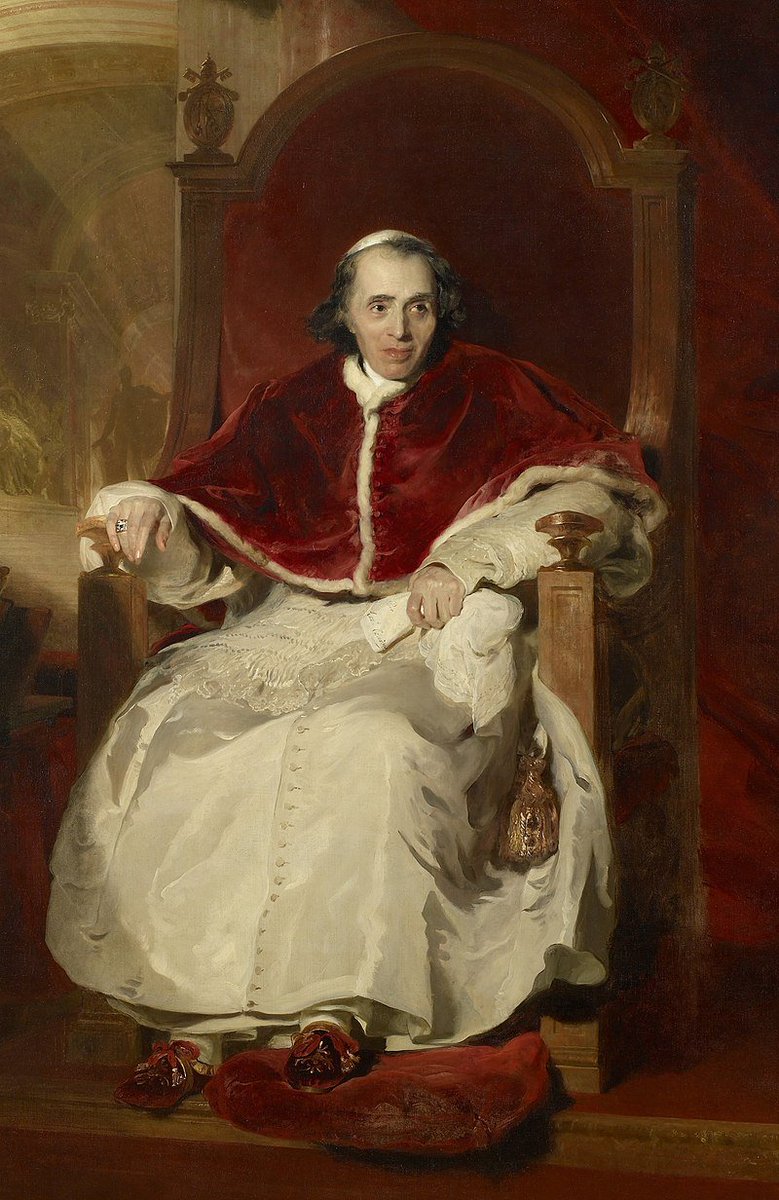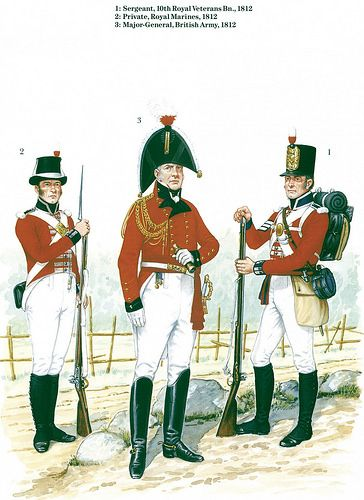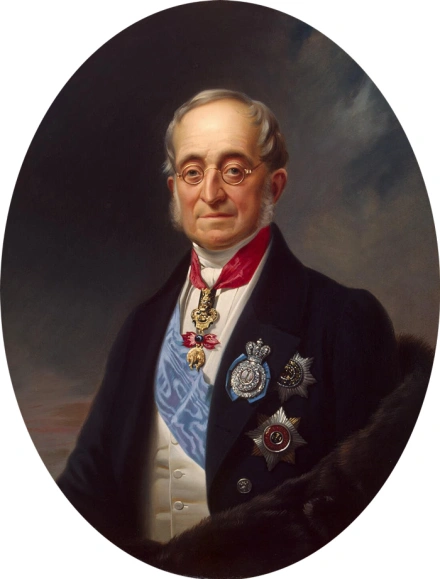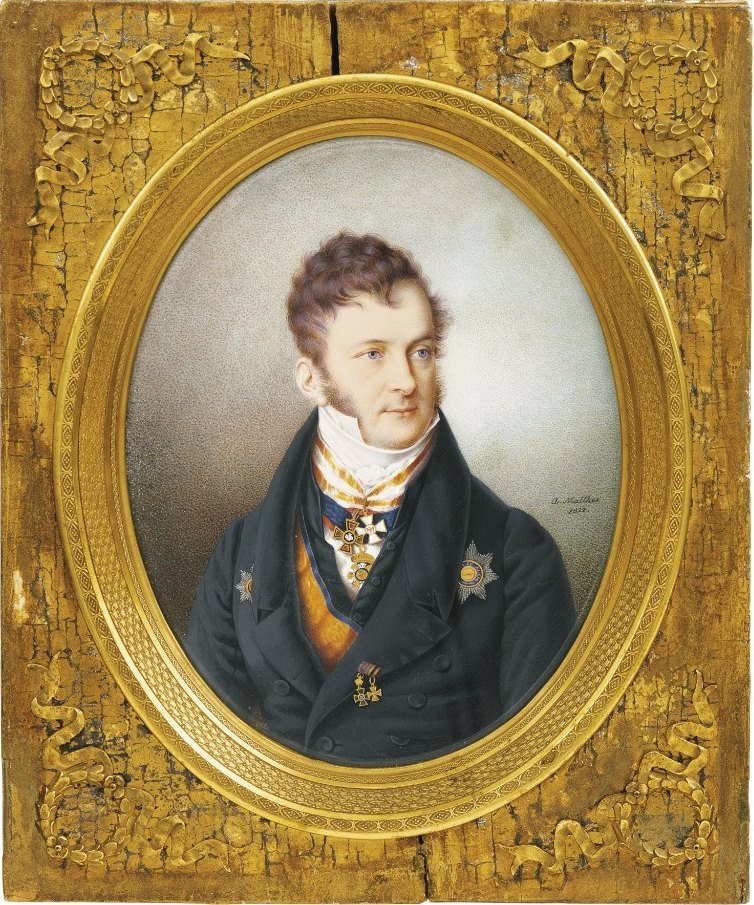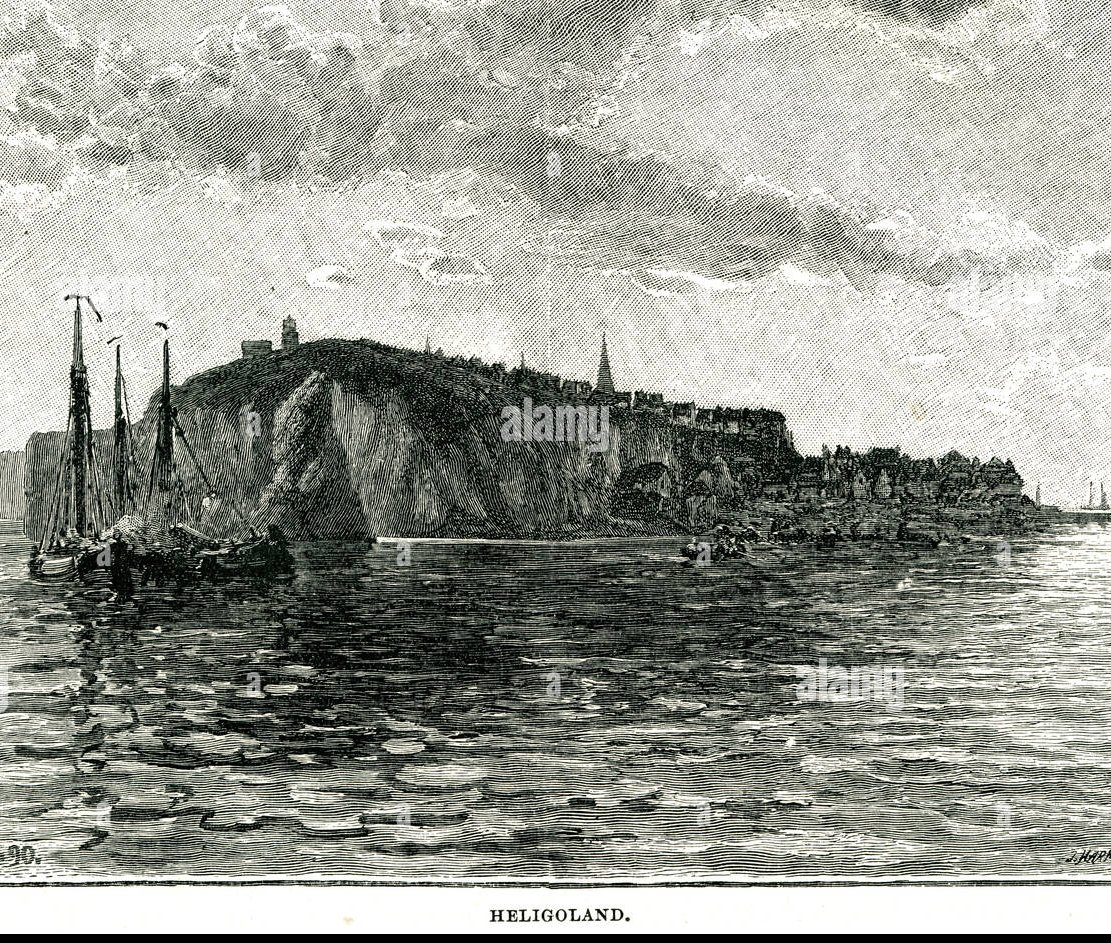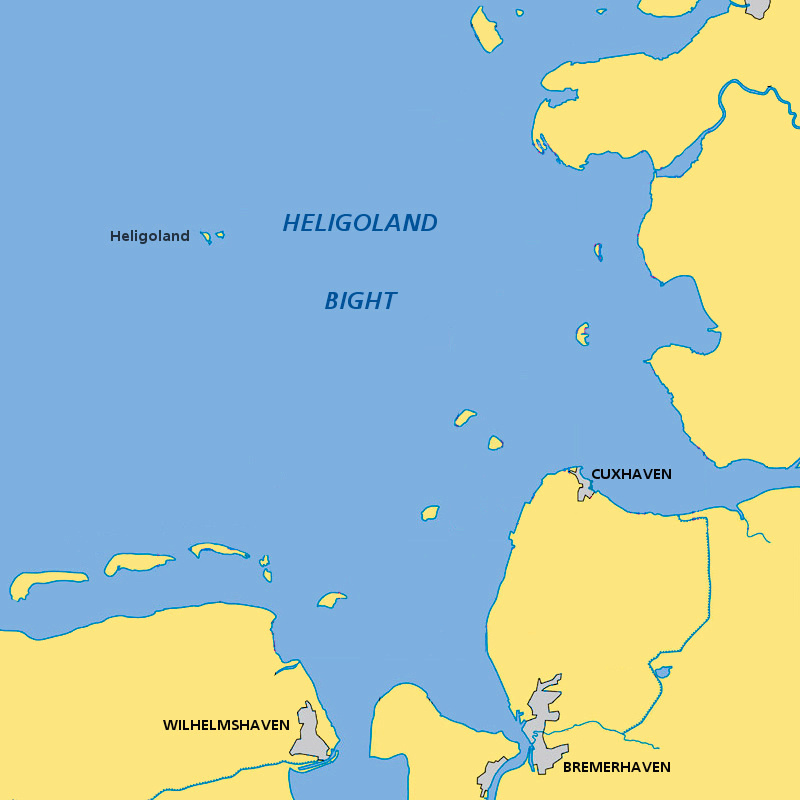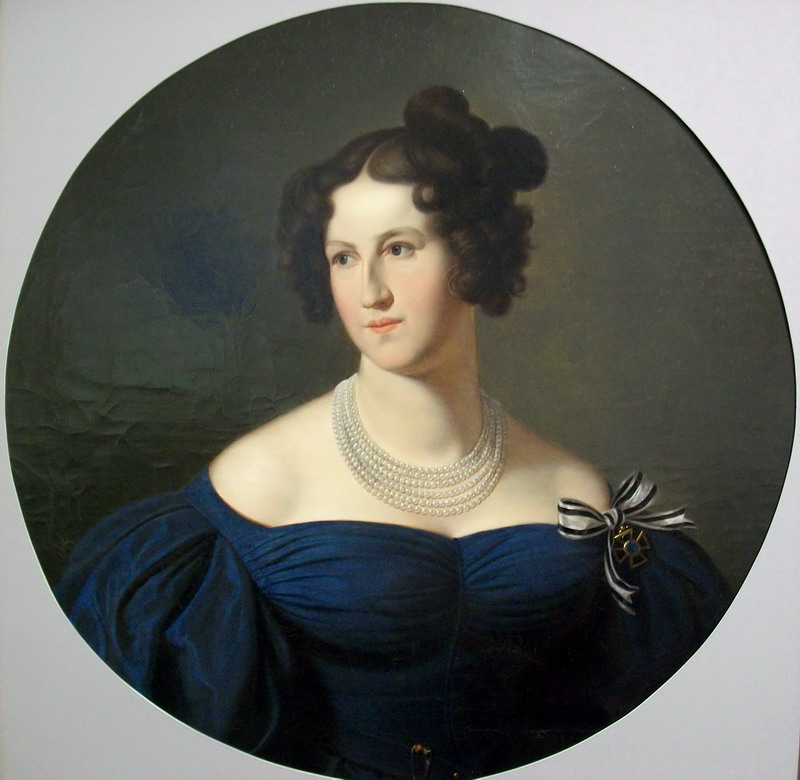
#OTD 22 March, 1813, following the 48-hour armistice between Davydov and Durutte, Lieutenant Colonel Brendl began to occupy New Dresden.
The Prussian charge d'affaires Jouffroy and Prince Dolgorouky began to pursuade Bavaria and Denmark respectively to join the Coalition.
The Prussian charge d'affaires Jouffroy and Prince Dolgorouky began to pursuade Bavaria and Denmark respectively to join the Coalition.
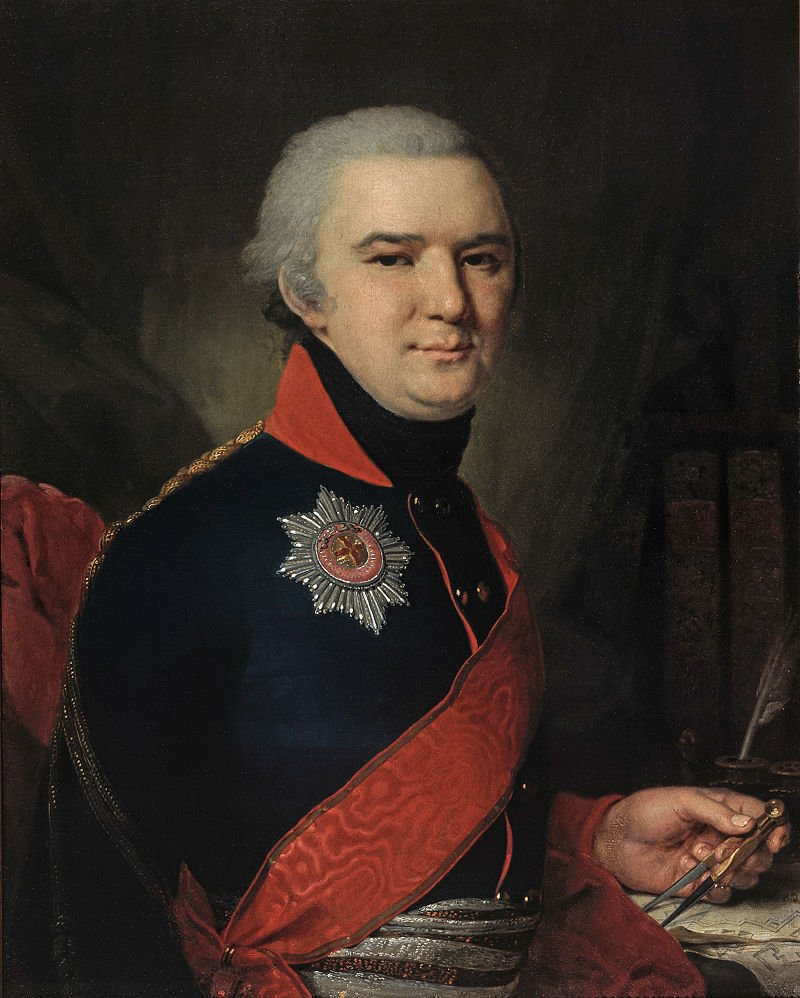
Since the 22nd, the Cossacks have streamed into Dresden, with Davydov looking at the Japanese palace where he was disappointed to find not the relics of the Seven Years' War but "only statues, easels, and other antiquities completely foreign to my ignorant modern sensibility." 
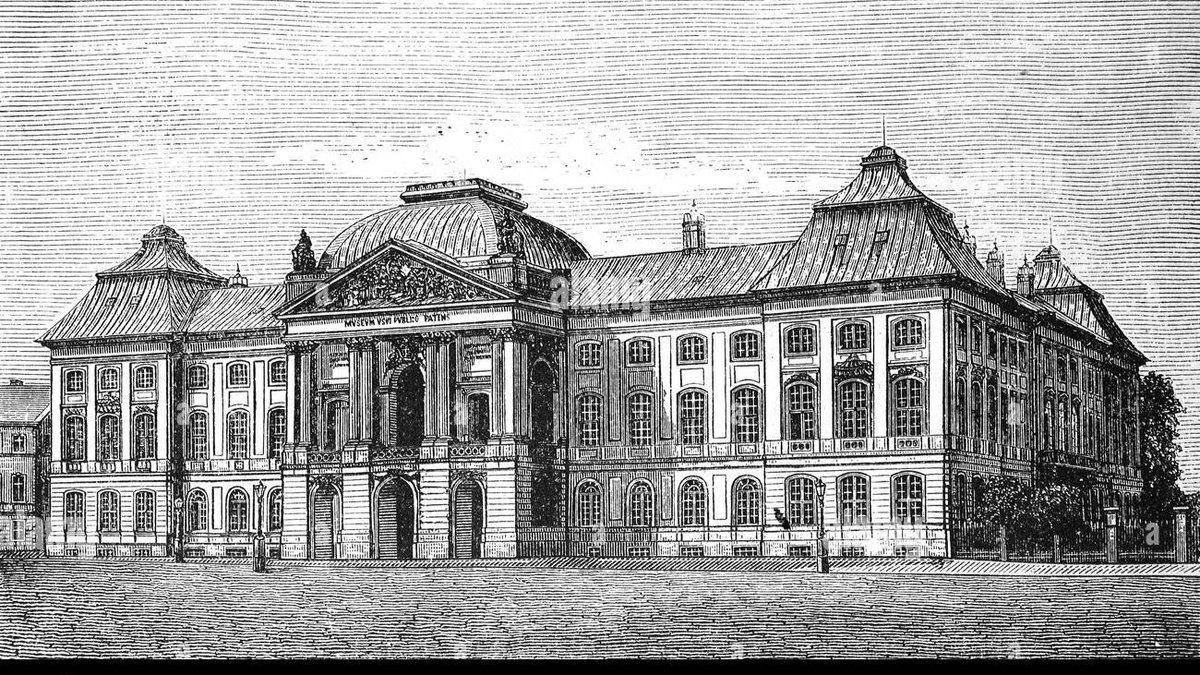
He was so overjoyed that he did his best to ignore a frightening letter from his superior:
"This truce, however, was wrongly concluded without permission from your superiors, especially since neither I nor even General Wintzingerode had the right to authorize it."
"This truce, however, was wrongly concluded without permission from your superiors, especially since neither I nor even General Wintzingerode had the right to authorize it."
Wintzingerode was furious that Davydov, as he had ordered, did not care to gather a single boat in Meissen. He audaciously justified his insubordination that, had he left on time, Wintzingerode would not have made it to Dresden within 48 hours. 
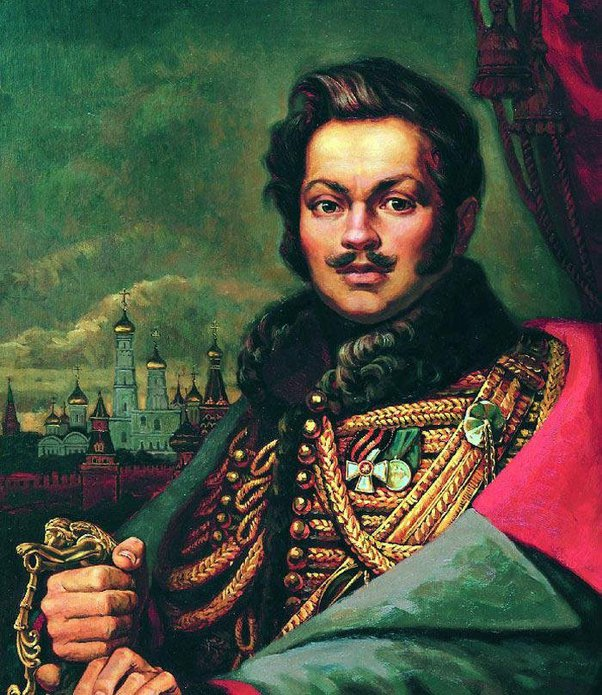
He and Orlov, the Tsar's adjutant who had delivered Lanksoy's warning, were conspiring to launch an attack on Old Dresden as soon as the armistice expires.
Early in the next morning, Davydov had the city officials gather supplies to "meet the needs of a 40,000-men army
Early in the next morning, Davydov had the city officials gather supplies to "meet the needs of a 40,000-men army
for at least a whole month," while he began preparing for the construction of rafts and ferries. Even these were not intended for Wintzingerode but for Orlov's assault on Old Dresden, separated from New Dresden by the Elbe.
(Davydov)
(Davydov)
At noon, Brendl, a lieutenant-colonel born in Tyrol, began to enter New Dresden with squadrons of Don and Ural Cossacks. Jewish residents flocked to the gate, to whom the Cossacks happily offered their spoils of war, many of them from the French marauders in Moscow and Smolensk.
But as the Jews attempted to dupe them, handing a rusted pistol in return for an ornate Turkish shawl, the Cossacks, some of them forcibly seizing the Jews' possessions, turned away.
At a distance, some of the French troops could be seen marching away towards Leipzig.
At a distance, some of the French troops could be seen marching away towards Leipzig.
The city turned into an exotic menagerie when a dancing bear, a camel, and monkeys singing and playing flutes were brought to entertain the conquerers.
In the evening, Durutte, sensing the Russians' ploy to strike again, hastened the evacuation.
(Forster; Davydov)
In the evening, Durutte, sensing the Russians' ploy to strike again, hastened the evacuation.
(Forster; Davydov)
Blücher's army, reaching Bunzlau on this day, also entered Saxony.
"We approach with the most splendid troops. We bring 7,000 of the best troopers. Hearts are high. My jaunty commander is filled with new enthusiasm," wrote Gneisenau to Dornberg, who was chasing Morand.
"We approach with the most splendid troops. We bring 7,000 of the best troopers. Hearts are high. My jaunty commander is filled with new enthusiasm," wrote Gneisenau to Dornberg, who was chasing Morand.
"Scharnhorst, our quartermaster-general, leads us. Capable people are at the head of the brigades and regiments; the soldier is ready for combat and is fierce. When our cavalry left Breslau, a swarm of crows flew in the same direction.
‘Ha!,’ said the soldiers, ‘these crows like the taste of French blood; they follow us to feed on more of it.’”
In the Cottbus District, which the Prussians had ceded to Saxony as part of the Treaty of Tilsit, he made the following proclamation:
In the Cottbus District, which the Prussians had ceded to Saxony as part of the Treaty of Tilsit, he made the following proclamation:
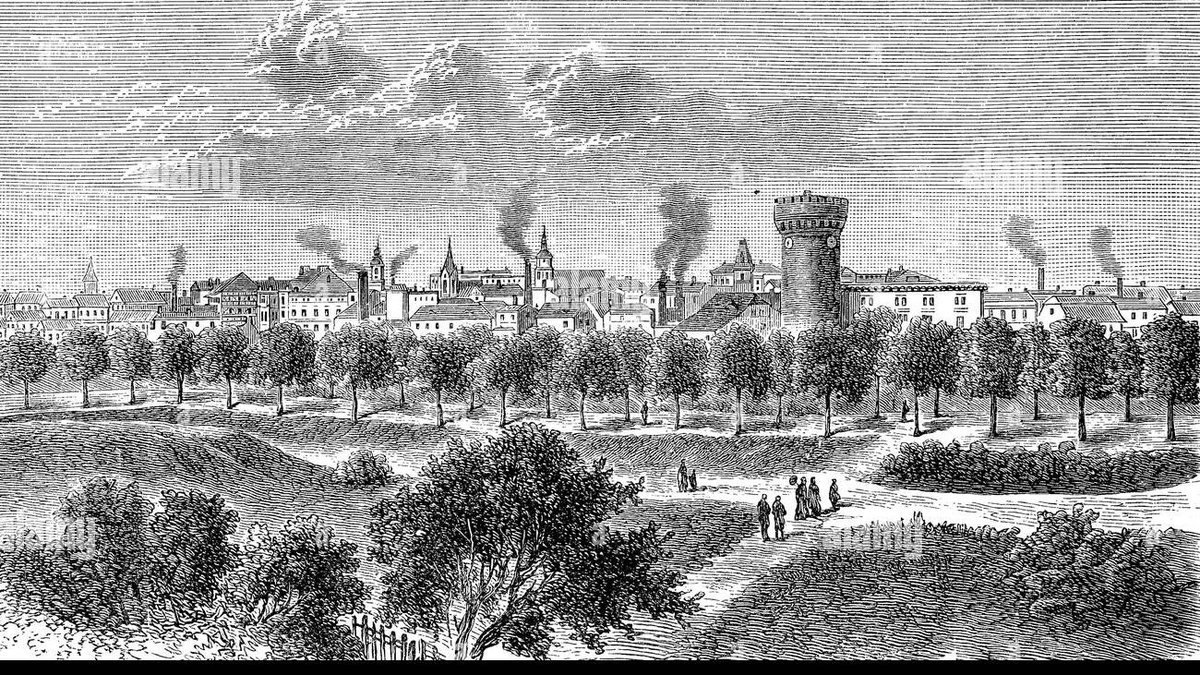
"Inhabitants of the Cottbus District! An unsavory peace ripped you from us. You accepted your new master, who was thrust upon you, only because you were forced into his vassalage. You belong to the oldest sons of the Prussian monarchy.
Your fathers fought bravely in Frederick the Great's battles and you already have spilled your blood for Prussia's independence. Through your devotion to our royal house, you have profoundly justified your right to again belong to us, and we have never ceased in our devotion
to you. You are our blood relatives and now you again shall live under our laws. In the name of the King, our master, I again call you his vassals; the eagle, under which you were happy and free, shall again fly in your territory. Those who bore arms for Prussia in the past
should again flock to our flags; whoever intends to seize them for our independence should arm and join us. The distinguished should lead the commoners by noble example; look at your brothers who were separated from you. See how noble enthusiasm is inflaming all hearts,
and the sons of the well-to-do and wealthy are renouncing all privileges of birth, all pleasures of life, and are giving up the finest situations to flock to the flag, unconcerned over the rank they receive and content to be with those who fight for the Fatherland.
You are no less noble than your brothers, whom fate separated from you. You will do what duty and honor demand of you. Treat with respect and continue to obey the officials of the Saxon government … as long as they do not tread on the sacred cause of our independence.
Supply everything that the royal commissars sent by me demand of you in the name of our Master.
Meanwhile, final attempts were made to sway the most reticent states.
(Gneisenau, 22 March 1813; Leggiere, Napoleon and the Struggle for Germany; Blucher, 22 March 1813; Philippart)
Meanwhile, final attempts were made to sway the most reticent states.
(Gneisenau, 22 March 1813; Leggiere, Napoleon and the Struggle for Germany; Blucher, 22 March 1813; Philippart)
Jouffroy, the former Prussian ambassador to St. Petersburg, accompanied Knesebeck's journey to Kalisch on 8 February. Then, when Count Golz left his post as the Prussian charge d'affaire in Munich, Jouffroy succeded the post.
(Oncken; Heigel, 1893; Landfrey, 1884)
(Oncken; Heigel, 1893; Landfrey, 1884)
On the 22nd, he had an hour-long interview with King Maximilian I Joseph, who was displeased at Napoleon's request for manpower on the 2nd. During the campaign of 1812, Bavarian soldiers served in St. Cyr's VI Corps, perishing en masse in the disease-stricken swamps of Polotsk. 
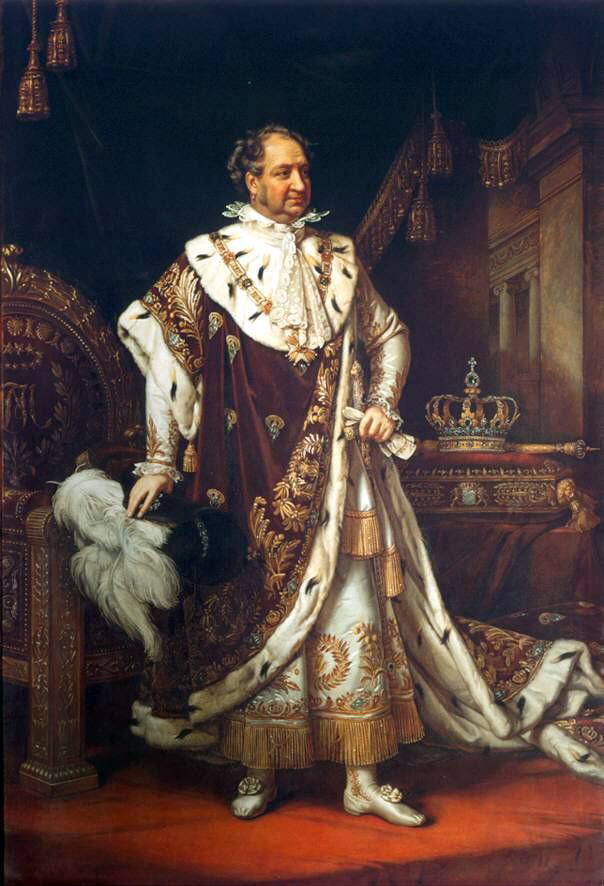
Following the Second Battle of Polotsk, the Bavarian general Wrede was ordered to put his severely depleted division under Maison's command. Chagrined at having been seconded to the Franco-Swiss troops, he ignored the order to go to Smoliany and withdrew to Vilna.
Despite the shortcoming, Napoleon still needed the fiery-tempered general to defend Wesel. So did the Bavarian King and Count Montgelas, his Minister of Foreign Affairs, who feared, above all, their country becoming lynched by France, Prussia, Austria in retaliation.
Citing Count Narbonne's lack of progress in Vienne, which indicated the growing rift between France and Austria, Jouffroy pursuaded Montgelas and Count Pappenheim, the confidant of the Crown Prince of Bavaria, that they should not expect any reprisal from Franz I. 
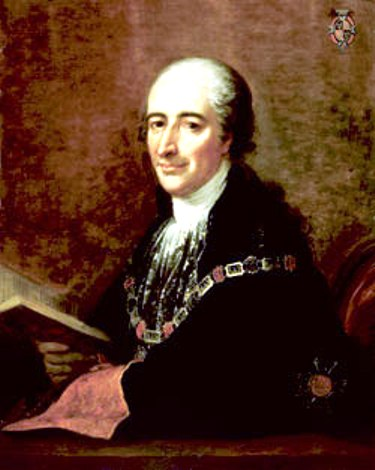
He also presented to them a copy of Treaty of Kalisch, so as to confirm that Bavaria was no longer beleaguered by Prussia and Austria.
At the end, Jouffroy reported to Hardenberg that Bavaria still had an "extraordinary" fear of losing Franconia to Prussia.
At the end, Jouffroy reported to Hardenberg that Bavaria still had an "extraordinary" fear of losing Franconia to Prussia.
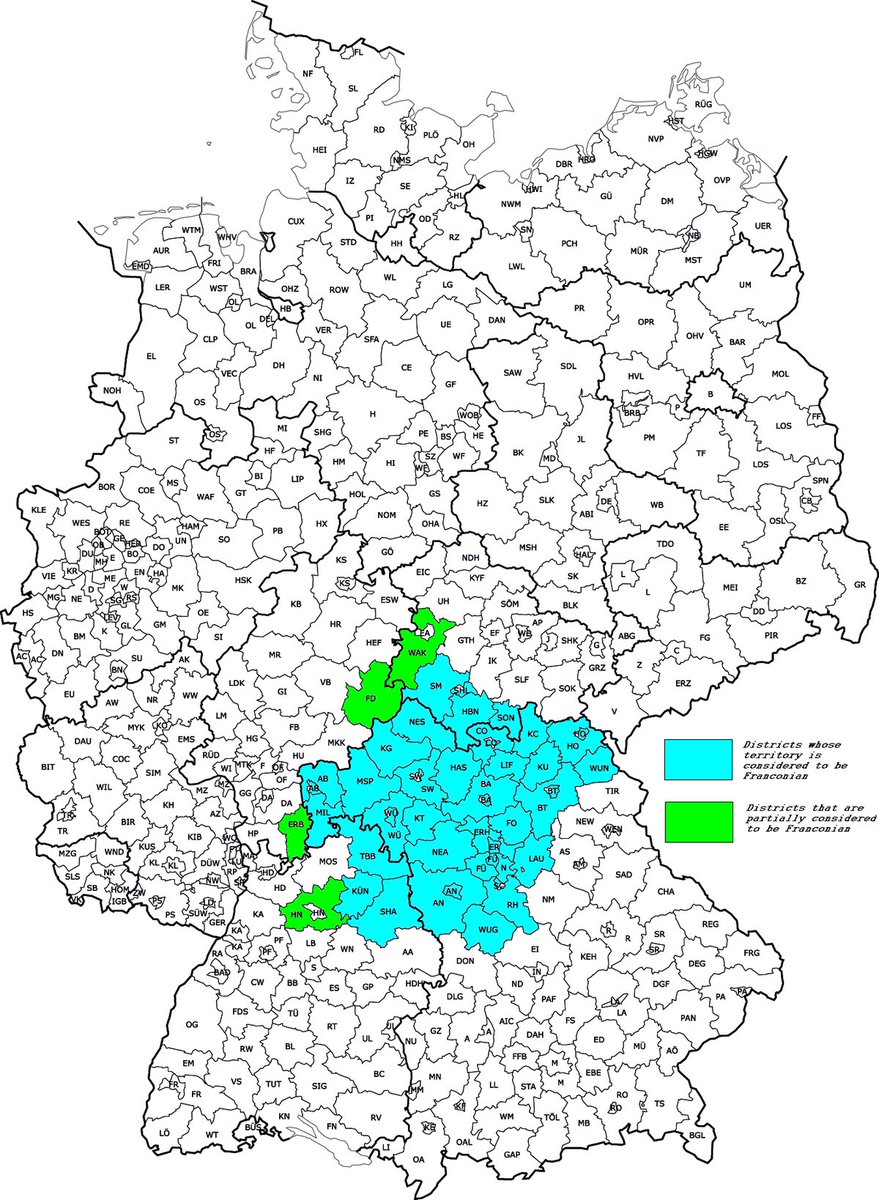
For this reason, Montgelas demanded "give the assurance that the allies are ready to preserve 'the status of an independent state' for Bavaria."
At the same time, Prince Sergei Dolgoruky arrived in Copenhagen, where the anti-French party welcomed him as the 'Guardian Angel.'
At the same time, Prince Sergei Dolgoruky arrived in Copenhagen, where the anti-French party welcomed him as the 'Guardian Angel.'
Like Thornton in Stockholm, the ambassador urged King Frederick VI to resolve his differences with Sweden for the greater good. He promised that the Allies would not not make any settlement on the question of Norway; but just like Bernadotte, the king would test his patience. 
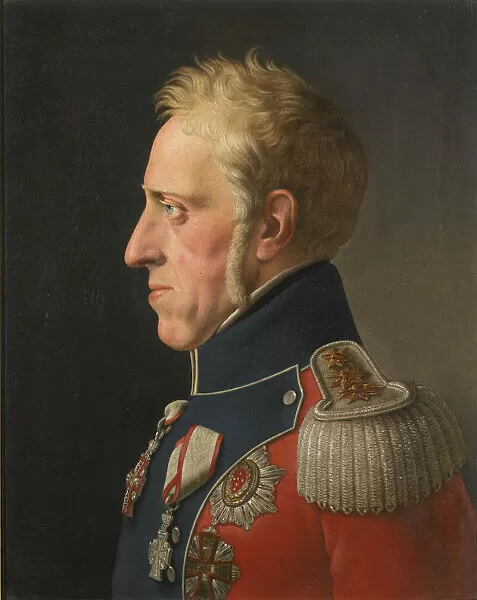
Although the events from the Treaty of Kalisch to Convention of Breslau seemed to give precedence to Prussia in Central Europe, noises in Kalisch revealed that the Russo-Prussian relations were marked by intransparency.
Lebzeltern, who had been deeply suspicious about the final draft of the Treaty of Kalisch, claimed to be the result of Knesebeck's mistake, questioned Nesselrode on the most specific details of his negotiation with Knesebeck.
He was especially intrigued by the complete absence of the Duchy of Warsaw in the treaty.
Nesselrode replied that it was in the general consensus among the Russians that such clause, if exposed to the Poles, could incite their anger.
Nesselrode replied that it was in the general consensus among the Russians that such clause, if exposed to the Poles, could incite their anger.
It was in his country's interest to prevent anything that could disturb Miloradovich's army in Warsaw. The minister added that Knesebeck had, with "so much roughness and even ill will," insisted on his own counter-proposal, which was "as extensive as it was absurd."
Still full of doubts, Lebzeltern asked for an audience with Alexander to reconfirm his stance on the territorial issue. To his surprise, the Tsar not only responded promptly but also articulated his willingness to leave it open to further discussions.
Shocked by his attitude completely different from that shown to Knesebeck, Lebzeltern began a solitary investigation. Comparing Hardenberg's draft with the final treaty, he discovered a disconcerting omission made by the Russians.
It turned out that the Russians had completely deleted Article 9 without conferring with the Prussian envoy. On top of that, what Nesselrode had claimed to be an arbitrary demand from Knesebeck was, in fact, completely in accordance with Hardenberg's initial plan.
Lebzeltern concluded that the Russians had deliberately erased the sensitive article from the final draft and forewarded it to Breslau without the knowledge of Knesebeck. Pitying how Knesebeck had been scapegoated, he wrote to Metternich:
"Had the King [Frederick William] had the right feeling about his situation and the value of the moment, I do not believe that, in spite of the fact that 2/3 of his states were occupied by the Russian troops, the secret articles would have received a less ambiguous version."
He also observed the Tsar's increasingly interventionist attitude. According to Lebzeltern, Alexander was not content with Zichy's proposal to ban secret societies in Prussia, for "the Russian government seizes everything that can facilitate its military operations."
Thanks to Metternich's discreet move to delay his mission, Lebzeltern gained a latecomer's advantage. Russia's heightened need for an alliance with Russia, as well as his full knowledge of the Knesebeck affair, smoothened his bargain with the Tsar.
Without much dispute, he had Kutuzov write the following guarantee to the coveted ally:
"Emperor Alexander and I, and also the English party, believe that, as far as it can be concluded from the statements of Lord Cathcart and other suggestions,
"Emperor Alexander and I, and also the English party, believe that, as far as it can be concluded from the statements of Lord Cathcart and other suggestions,
would attach great importance to seeing the House of Habsburg regain its old supremacy in Germany in every respect."
(Oncken)
(Oncken)
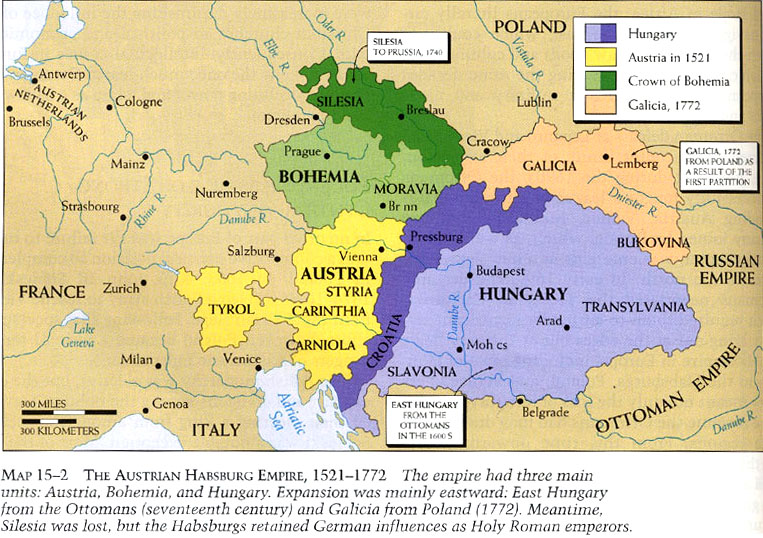
-The End-
@threadreaderapp Unroll.
• • •
Missing some Tweet in this thread? You can try to
force a refresh


